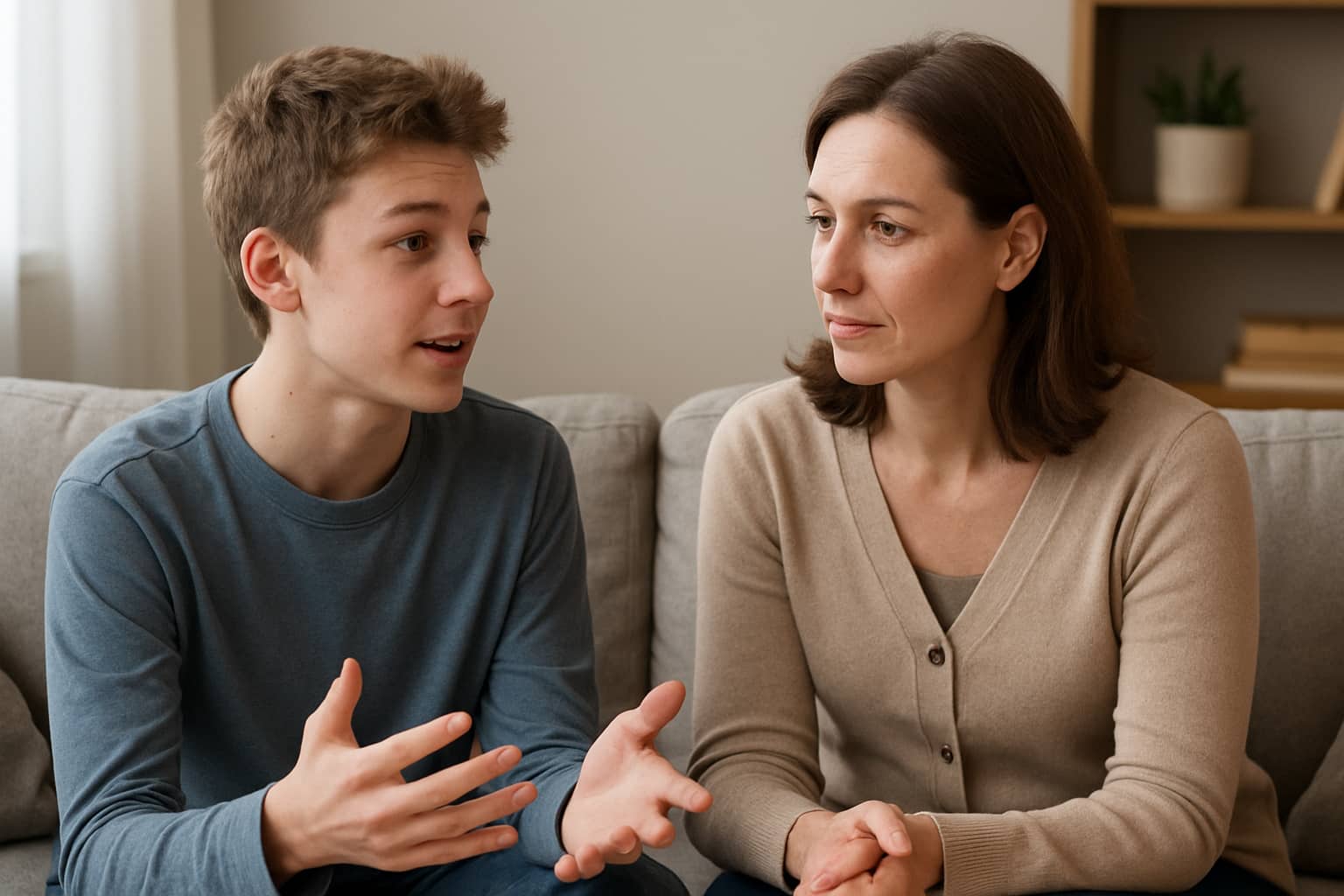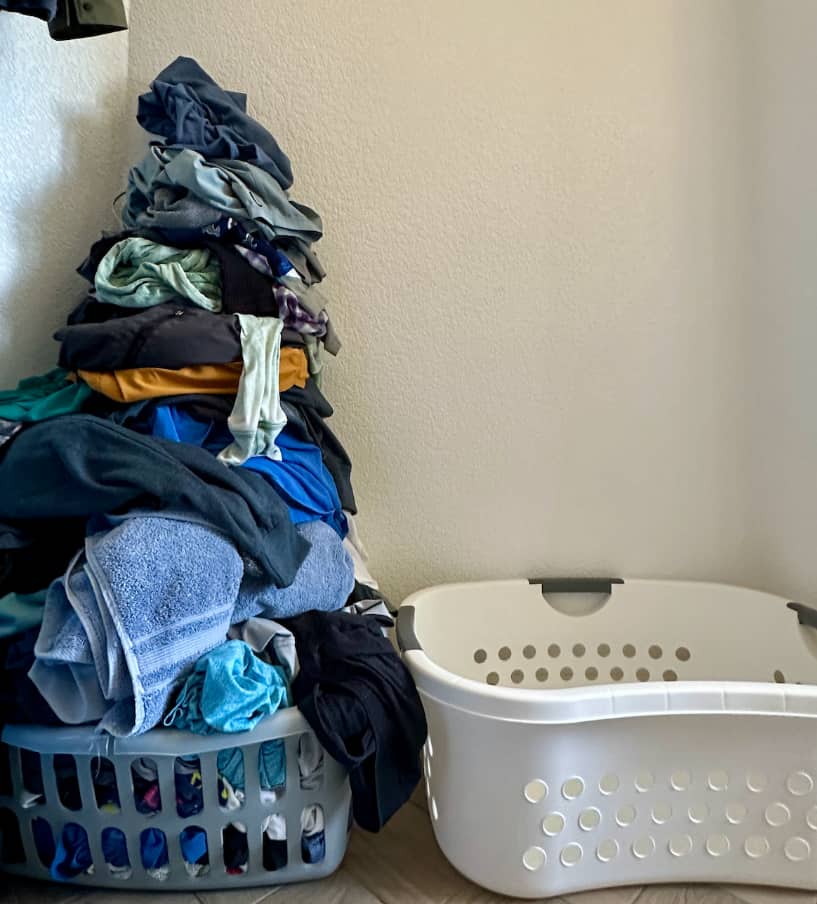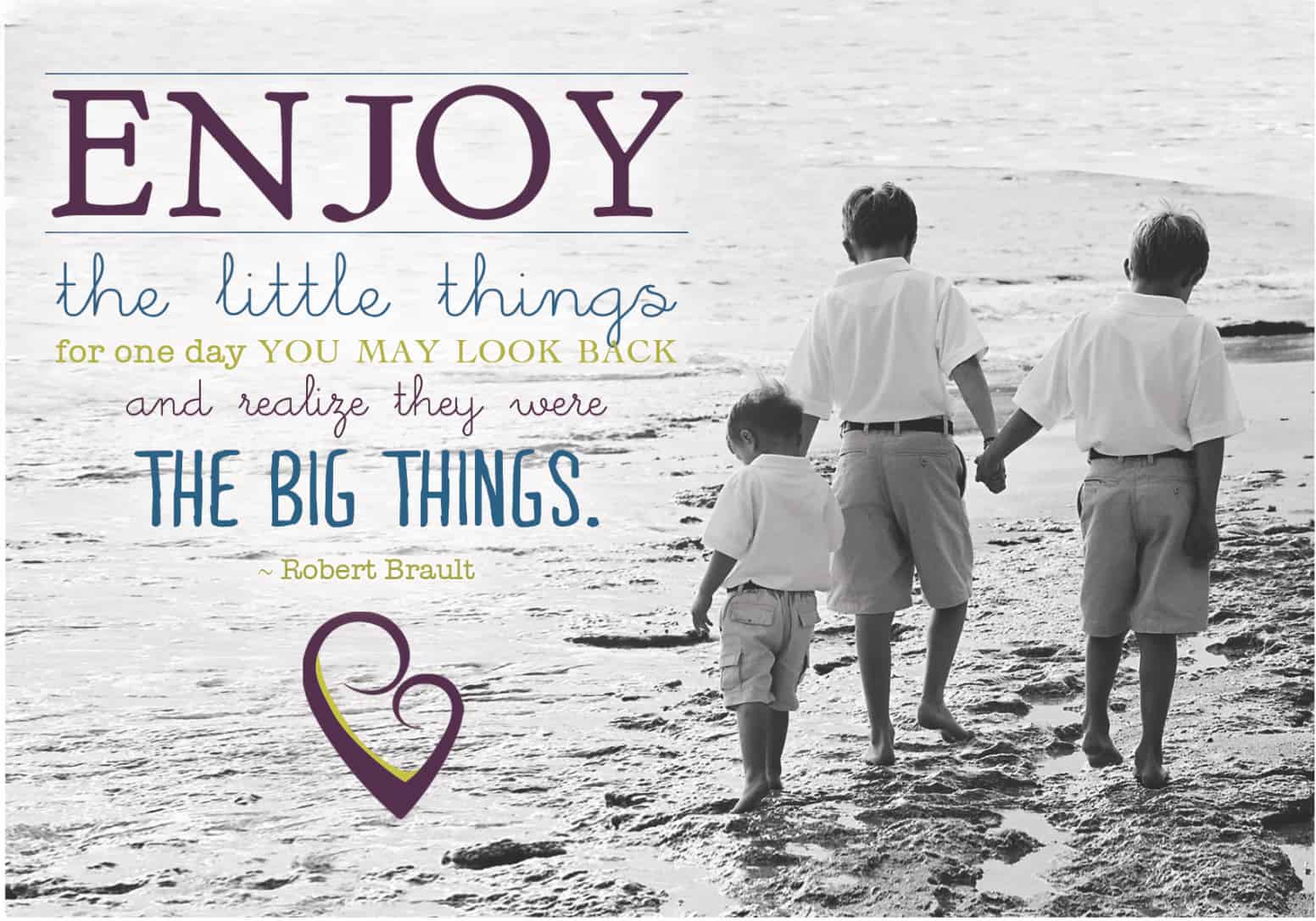Hello! Kerry here.
I just spent two days in a training on family therapy and I learned something I want to share with you.
Why?
Because I want you, as a parent, to have all the info you need to be a loving, therapeutic presence for your kids. The most important place for kids to have great relationships where they feel seen, known, and loved is at home. With you!
In the family therapy model I was studying, the therapist interviews the adolescent and both parents and begins with“Tell me your story of what led you to this moment.”
Why invite a story?
Because, as acclaimed European therapist, Michael Balint said:
“Asking questions only gets you answers.”
And Kondrad Michel, another respected therapist, put it this way:
“We do not want answers, we want narrative and stories.”
When we ask direct questions, teens often feel interrogated. But when we invite their story, they feel heard. That’s why I often begin therapy by inviting, “Tell me the story of your life and how it led to this moment.” I learn so much more than if I started probing with questions.
Because honestly – how can any of us know the right questions to get to the heart of someone’s experience?
That made me think of a tough session I had with a dad and teen boy recently. The tension between them could be cut with a knife and they both felt so alone and unseen. But after dad practiced dialing down questions and dialing up listening to his son’s story, they both found their way to closeness with each other – and they felt calmer and more connected.
So many of us – kids and adults alike – can be surrounded by people and still feel lonely and unseen at the deepest level. Our kids might feel more alone than we think they do. I’ll never forget when Palmer, in his 20s, told me how alone he had felt during his teen years. I was stunned. He had friends and a big loving community. But he still felt isolated inside.
It’s something I see all the time in my work: so many adults and teens walking around feeling like no one really sees them or understands them. Can you relate?
So here’s my invitation:
Instead of peppering your kids with questions, try this—
Say:
“Tell me the story of…”
- how you got to where you are right now
- what led you to make that decision
- why you chose to date that person
- [Insert any current issue or tension point here]
But wait! Asking is only half of it.
The way you listen matters just as much.
Here’s how to listen like a pro:
- With your mouth closed
- Your eyes kind and attentive
- Your body language open
- Your only comments should be empathetic and understanding
Why?
Because in doing this, you give your child a profound gift:
The experience of being seen, heard, and accepted just as they are.
This kind of storytelling moment isn’t an interrogation. It signals: “I see you as your own person. I want to understand what life feels like for you.”
Back to the training I mentioned – it focused on working with families after a teen has attempted suicide.
The Finnish therapist who did the training, Juha Metelinen, always asks adolescents:
“Why didn’t you tell your parents you were struggling?”
And here’s what they say:
- “I didn’t think they’d understand.”
- “I thought they’d be mad.”
- “I didn’t want to worry them.”
Let that sink in.
If you’re reading this, I know you don’t want your child to suffer in silence.
You want to be the kind of parent your child can talk to when things get hard.
That’s why it matters so much to train your kids that you’re safe to talk to…
That you’re curious about their inner world, not just their outer behavior.
That you can hear the hard stuff without flinching.
That you genuinely find them interesting, just as they are.
Wishing you a great day and a heart full of curiosity about the lived experience of your big kids!
Warmly,
Kerry and Palmer
P.S. If your family – or someone you know – has experienced an attempted suicide, please know:
- An attempt puts stress on the entire family system.
- After an attempt, risk for another attempt is 60-80 times higher than in someone who has never attempted.
- Family therapy is often the best treatment
If you’re worried about anyone you can call or text 988 for free, confidential support 24/7. It serves anyone concerned about mental health, whether you’re in crisis, worried about your someone else, or just need someone to talk to.












